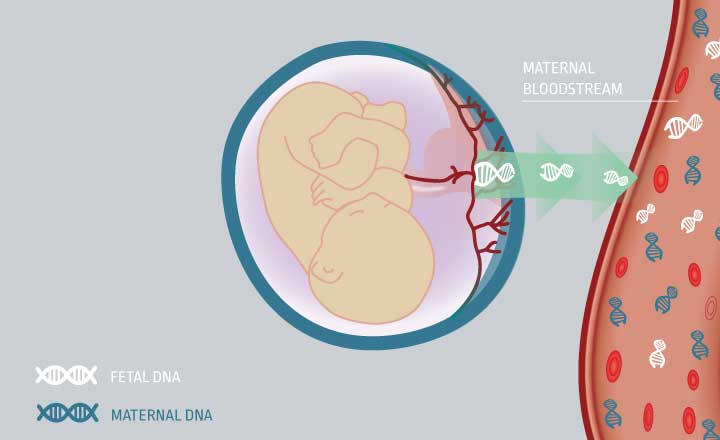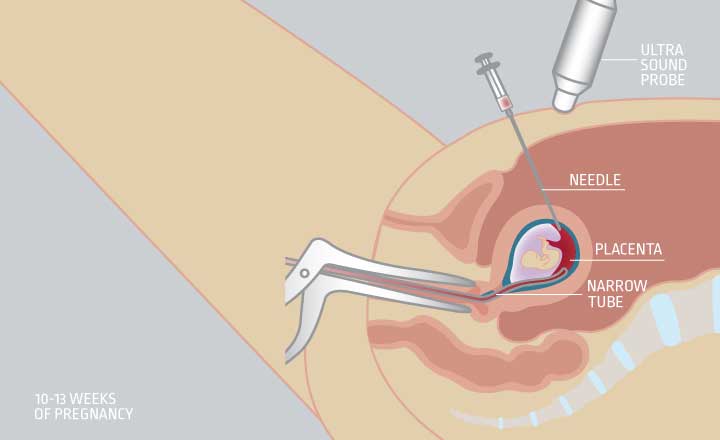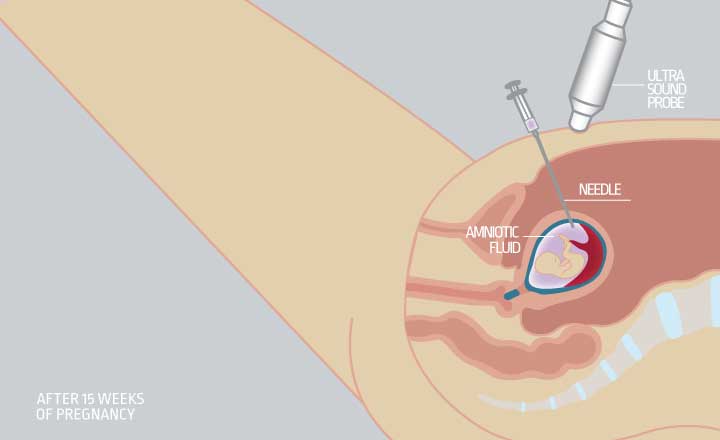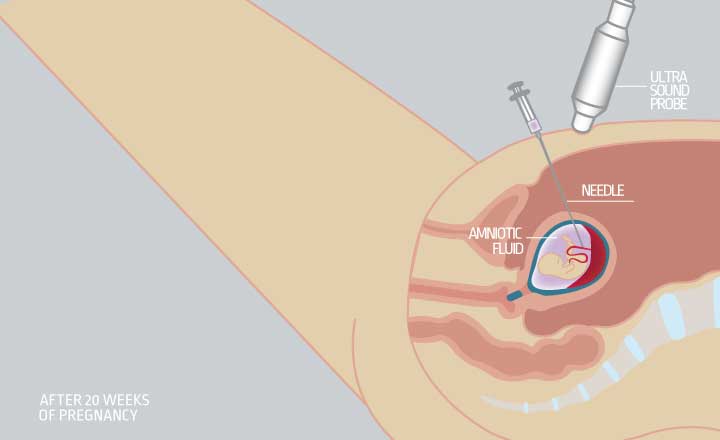Prenatal Screening Tests
Prenatal screening tests are designed to provide information about your baby’s genetic health. By learning more about your screening options, you can make an informed decision about which test is right for you. Your doctor will provide you with more information about your testing options.
Prenatal screening tests:
- Assess your risk of certain conditions during pregnancy
- Are safe for pregnancy
- Are followed by additional testing if a diagnosis is needed
- Can be done as early as 10 weeks of pregnancy




